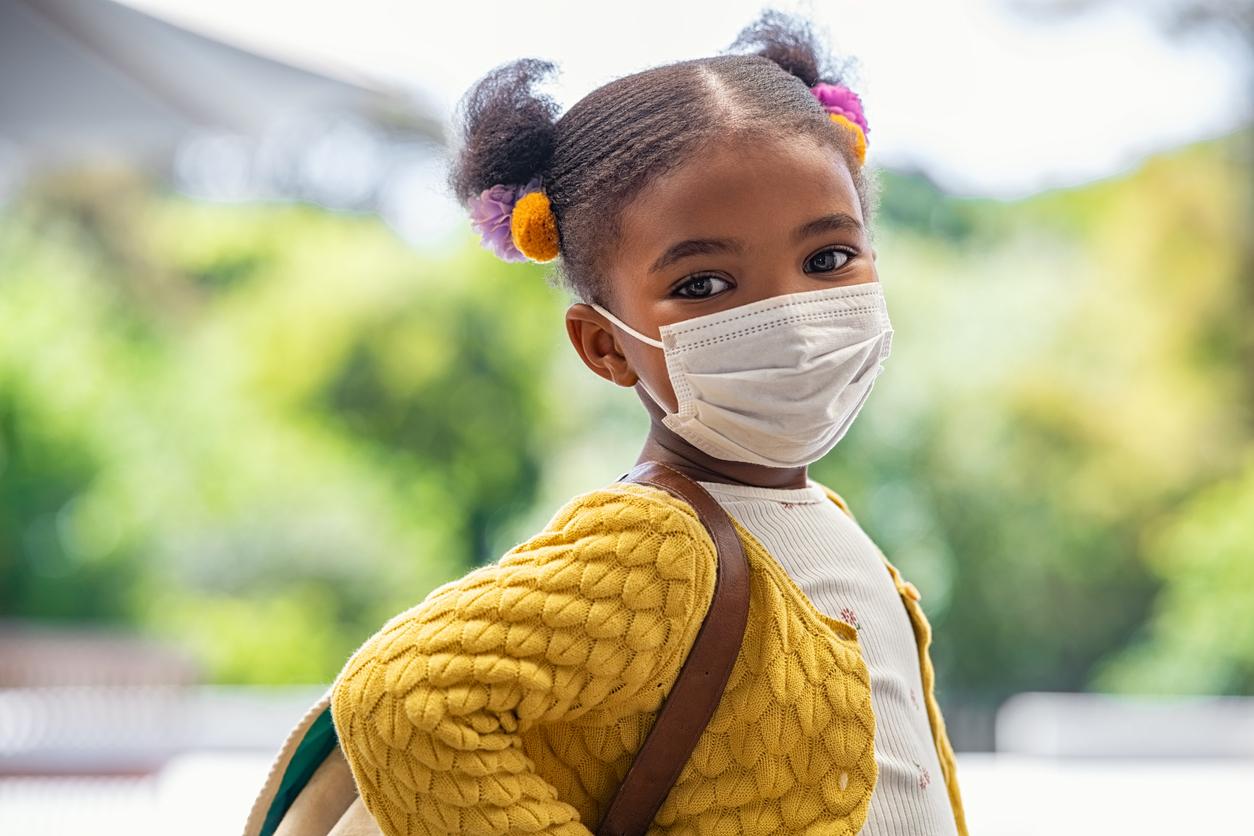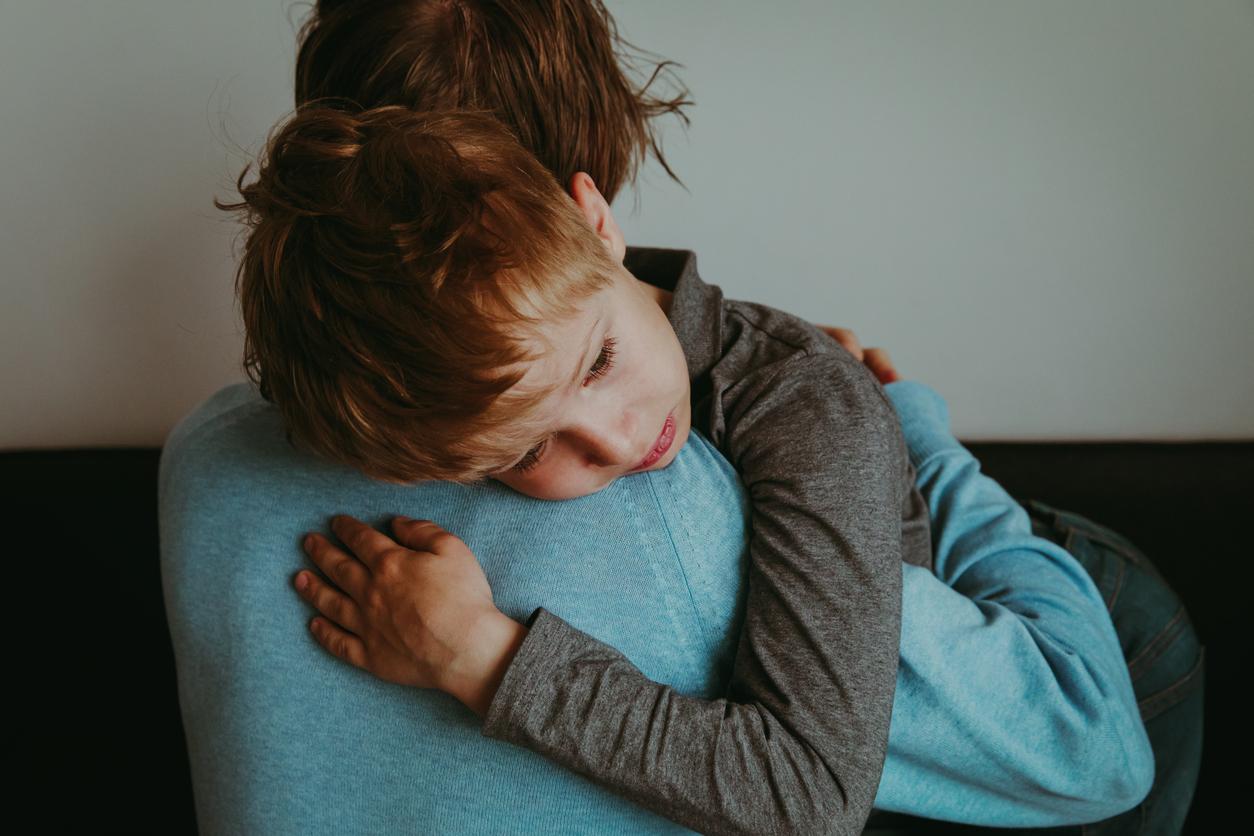Experts believe that research into long-term covid in children could be better conducted.

- Researchers believe that we need to better study long-term covid in children.
- The prevalence of long-term covid in children is still poorly known.
- Even if there are few cases, children can die from severe forms of Covid-19.
Although it is a relatively new condition in a rapidly evolving field, experts say research into long-term covid in children could be better defined and measured.
Long Covid in children: “we are missing out on a lot of things”
“I think a lot of it is because we’re trying to apply an adult framework to pediatric problems that, as a result, we’re missing a lot of things,” declared to CIDRAP News David Putrino, chief innovation officer for the Mount Sinai Health System in New York.
“I also think we need detailed longitudinal studies where we really take the time to characterize what long-term covid looks like in children,” he continued. “That was not done. What was done was to treat them like little adults, which is always a trap in pediatrics,” he estimated.
Long Covid in children: no certainty on the prevalence
In 2022, a systematic review of 22 studies involving children identified a range in prevalence of long covid from 1.6% to 70%, while German research from the same year analyzing long covid in 157,000 patients with Covid-19 suggested that children were at the same relative risk as adults (30% versus 33%, respectively).
In July 2023, a systematic review of 31 studies published in 2022 and covering 15,000 children concluded that 16% of children presented persistent symptoms three months after infection. Another systematic review dating from the same period revealed that 1.3% of American children had already suffered from long-term covid and that 0.5% of them would be affected by 2022.
Long Covid: children do not have the vocabulary necessary to describe it
Dr. Ziyad Al-Aly, an epidemiologist at Washington University in St. Louis, told CIDRAP News that many children are likely not being diagnosed with long covid because they don’t recognize their symptoms or don’t don’t have the vocabulary to describe them.
Children don’t come home saying: “Mom, I felt unwell after exercise, I have brain fog”, he pointed out. “What happens is they start doing poorly in school, and the parents find out weeks later,” he lamented in conclusion.















